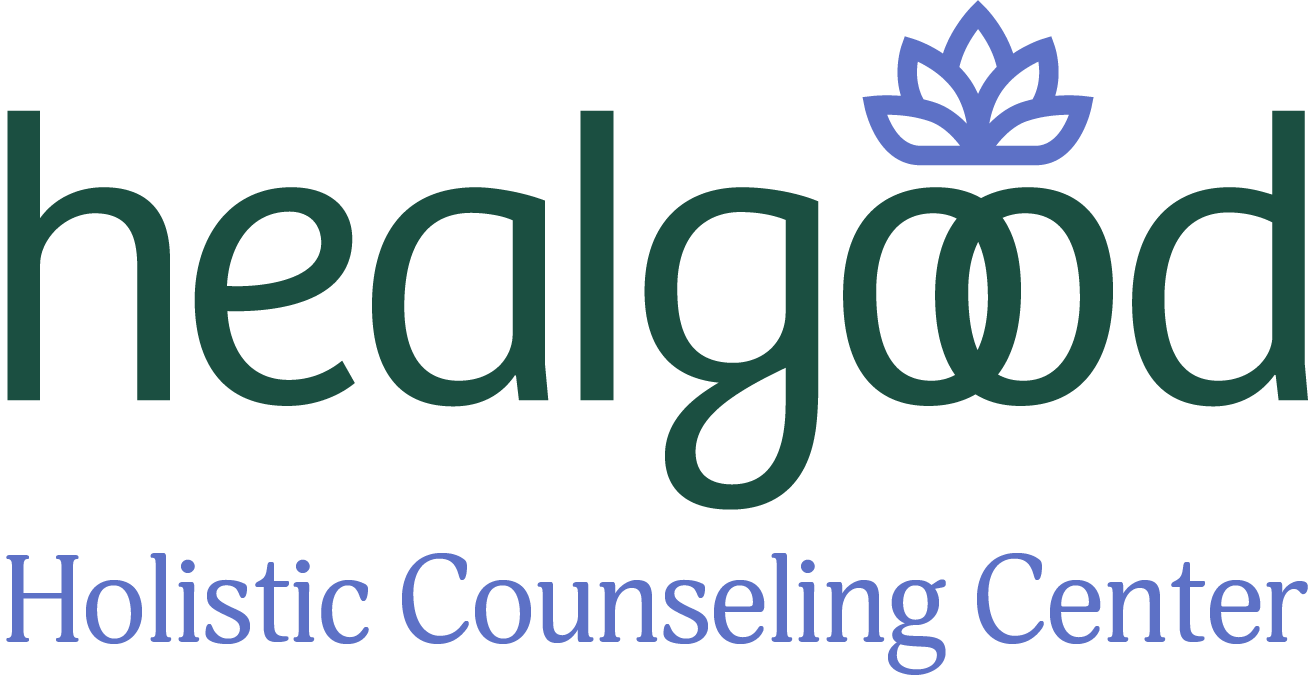Quality Supervision to Shape Your Path as a Healer
Clinical Supervision

Supervision for LPC Licensure in Texas and iaedp certification as a Certified Eating Disorder Specialist.
Professional Background
Chelsea Fielder-Jenks, LPC-S, CEDS-C, PMH-C
Founder of Healgood Holistic Counseling Center & Co-Founder of WisePractice Institute
I bring over a decade of experience working with clients across outpatient and inpatient settings with a wide range of concerns, including depression, anxiety, eating disorders, substance use, boundary and relational challenges, stress management, and life transitions.
As a clinician, my approach is collaborative and holistic, integrating biological, psychological, environmental, and sociocultural influences in treatment. I draw from Dialectical Behavior Therapy (DBT), Cognitive Behavioral Therapy (CBT), EMDR, humanistic and relational approaches, as well as Intuitive Eating and Health at Every Size® principles when supporting clients.
In addition to my private practice and clinical work, I co-founded WisePractice Institute with my longtime mentor and colleague, DeLinda Spain, LCSW-S, CGP. Together, we provide supervisor training and continuing education for mental health professionals across Texas, including our 40-Hour Clinical Supervision Training that fulfills state board requirements for LPC, LCSW, and LMFT supervisor designation.
I am an active member of the International Association of Eating Disorder Professionals (iaedp™) and have served in leadership roles for Central Texas Eating Disorder Specialists and the Association for Size Diversity and Health. I regularly present at local, state, and national conferences and have contributed as an expert for publications such as Eating Disorder Hope, Addiction Hope, WebMD, Scary Mommy, and Fatherly.
Supervision Approach
One of my greatest joys as a supervisor is guiding new counselors through their developmental journey toward full licensure. I provide a supportive, structured, and growth-oriented environment where associates can build both competence and confidence.
My approach is informed by two core supervision models:
The Integrated Developmental Model (Stoltenberg, McNeill, & Delworth, 1998) — recognizing that supervisees progress through common stages of professional growth, from novice to autonomous clinician, and tailoring supervision to meet their developmental needs.
The Discrimination Model (Bernard, 1979, 1997) — a process-oriented framework that flexibly integrates three supervisory roles (teacher, counselor, consultant) with three core domains of supervision (intervention, conceptualization, personalization). This model allows me to intentionally shift roles and focus areas in response to supervisee needs in the moment.
My supervision approach is also highly influenced and shaped by my primary therapeutic modality, Dialectical Behavior Therapy (DBT).
Throughout the supervision process, I wear many hats — teacher, consultant, evaluator, administrator, counselor (within professional boundaries), and mentor. I provide both support and challenge, helping supervisees build technical skills, deepen case conceptualization, develop professional identity, and navigate ethical decision-making.
Supervision is not a “one size fits all” process. I tailor my approach to each supervisee, incorporating structured evaluation, reflective exercises, and (when appropriate) use of recordings, peer feedback, or role play. My goal is to help supervisees not only meet licensure requirements but also grow into grounded, ethical, and effective clinicians.
Values Guiding My Supervision
Mutual Respect: A bi-directional foundation that includes openness to constructive feedback in both directions.
Compassion: Supporting associates with empathy, remembering the vulnerability and growth of early-career clinicians.
Non-Judgmental Encouragement & Support: Providing challenge without criticism, always fostering curiosity and growth.
Challenge & Growth: Offering developmentally appropriate challenge so that supervisees have meaningful opportunities for professional and personal growth.
Supervision Tracks
→ Core Counseling Competency Track (External Site Work)
Designed for LPC-Associates working at external sites who want structured, supportive supervision to develop strong clinical foundations.
Includes:
Minimum 4 hours per month (per current board requirements), typically involving:
Bi-weekly individual supervision (in-person and/or virtual)
Monthly 2-hour group supervision (virtual, when available)
Emphasis on core counselor compentencies, including: clinical skills, ethics, case conceptualization, boundaries, clinician self-care, and cultural responsiveness.
Supervision fees apply.
→ Healgood Associate Employment Track
For LPC-Associates whose clinical interests align with Healgood’s areas of focus and who are seeking W-2 employment in a collaborative group practice setting.
Includes:
Employment as a W-2 Associate Therapist at Healgood
Supervision included as an employee benefit, minimum 4 hours per month (per current board requirements), typically involving:
Bi-weekly individual supervision (in-person and/or virtual)
Monthly 2-hour group supervision (virtual, when available)
Ongoing clinical consultation and support
Associates on this track receive supervision focused on strong clinical foundations, ethical practice, and sustainable professional development within a group practice setting.
↳ Optional Practice Development Add-On (Available to Healgood Associates)
For Associates who want additional mentorship and preparation related to private practice, professional advancement, or long-term career planning.
This optional add-on offers a highly structured practice and career development pathway, including milestones and evaluations designed to support readiness for private practice or leadership roles. Participation is elective and based on clinician interest and supervisor/practice availability.
Includes:
Practice development training (e.g., fee setting, marketing, policies, ethics in private practice)
Utilization of Chelsea's Practice Development Guidebook, which includes career advancement strategies and milestones
Access to practice development materials and tools
Additional mentorship and consultation around long-term career planning
Quarterly practice and career development meetings
Fees
Individual Supervision (1 hour): $175 (1:1) / $125 per Associate (shared session, 2 Associates present)
Group Supervision (2 hours): $120 per Associate (3 or more Associates present)
CEDS or Dual LPC + CEDS Supervision: Please inquire
What's Included in All Supervision:
✔ Between-session support (phone calls <15 minutes for urgent clinical consultation)
✔ Access to shared digital resource library (articles, tools, handouts, worksheets, professional resources)
✔ Free access to CE course library (discount code provided for Healgood website courses)
✔ Twice-yearly Healgood Socials for professional networking and community building (optional attendance)
Next Steps
If you’re interested in supervision with me, I’d love to connect! Questions? Please feel free to contact me! If you’d like to further explore working together, please complete a formal supervision application linked here.

